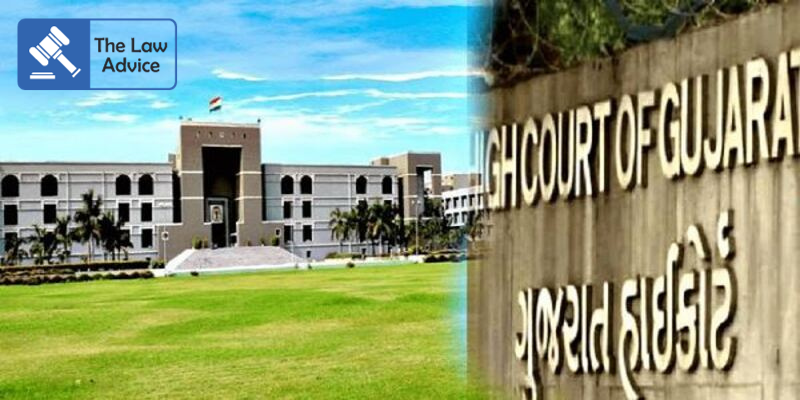The Gujarat High Court has upheld the state government's decision to form a five-member committee to examine the Uniform Civil Code (UCC), rejecting a plea that questioned the absence of minority representation on the panel.
Justice Niral R Mehta, in a detailed judgment made public on Tuesday, dismissed the petition filed by Surat resident Abdul Vahab Sopariwala, who had urged the court to direct the reconstitution of the committee on the grounds that it lacked members from minority communities and subject-matter experts.
The Court held that the formation of the committee was an administrative decision within the state’s powers under Article 162 of the Constitution, and thus not subject to judicial review unless a statutory violation was shown.
"The selection of committee members lies entirely within the domain of the state government," the Court observed. "In the absence of any legal mandate prescribing the structure or composition of such a panel, no writ of mandamus can be issued."
The UCC committee, announced by Chief Minister Bhupendra Patel on February 4, 2025, is chaired by retired Supreme Court judge Justice Ranjana Desai. Other members include retired IAS officer C.L. Meena, advocate R.C. Kodekar, former Vice Chancellor Dakshesh Thakar, and social activist Geetaben Shroff.
The petitioner had argued that the current panel members were not legal experts on personal laws and were "interested parties." He also contended that the lack of minority representation undermined the inclusive spirit required for such a sensitive issue.
However, the Court disagreed, stating, “By merely constituting a committee, no prejudice is caused to any class of people, especially when it remains open for all sections of society to present their views before it.”
The bench emphasized that the judiciary could not interfere in executive decisions made in the absence of statutory provisions. “Any direction by the Court would amount to unjustified and unwarranted interference in the purely administrative affairs of the State,” the judgment said.
Appearing for the state, Advocate General Kamal Trivedi stressed that there was no statutory obligation guiding how such a committee should be formed. He asserted that the UCC panel’s constitution was a non-statutory, administrative step and hence outside the purview of judicial interference.
Concluding the matter, the Court said it found “no good reason” to invoke its extraordinary jurisdiction under Article 226 of the Constitution to direct the reconstitution of the committee.

